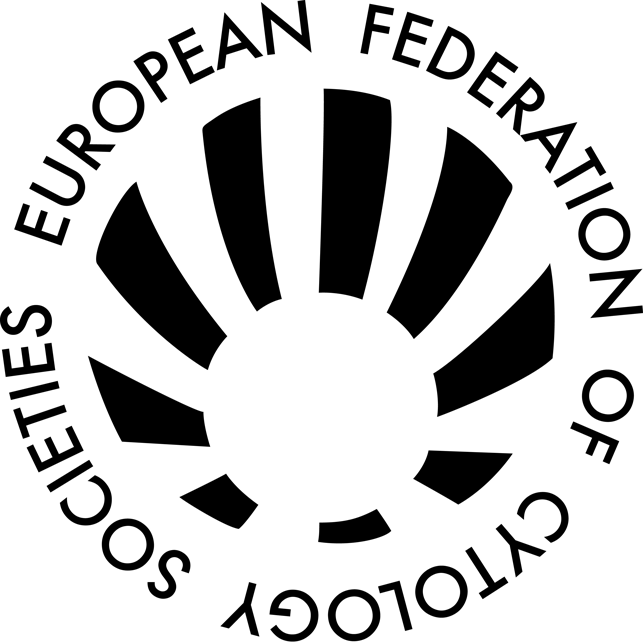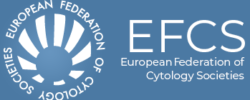 |
QUATE Aptitude Test
|
 |
General information
The Exam comprises two components; written and practical
The pass mark for each section of the exam is as follows:
- Written 50%
- Screening test 75%
Candidates must pass both sections in order to be awarded an overall pass.
Successful candidates will receive their certificates by email. Those that fail will receive feedback on where they failed.
Written Paper
Comprises Multiple Choice Questions only.
- 50 questions in one hour
- Choose the correct answer from the five listed (there is only one correct answer)
- It is in your best interest to attempt all the questions.
- Marking
- one mark for each correct answer
- zero for missing or incorrect answers.
The written paper is usually available in both English and the language of the host country.
Screening
-
- 16 slides to screen.
- Slides are rotated every 8 minutes for both conventional smears and LBC slides. The slides will be screened in two batches of eight slides.
- You will not see the slide again once you have passed it on. Do not mark the slide in any way.
- You MUST choose ONE answer ONLY in the diagnostic category and mark this on the answer sheet.
- All slides are considered satisfactory for reporting.
- If HPV changes (koilocytosis) are present the slide must be called abnormal and graded accordingly.
- A refreshment break will be provided between the two screening sessions.
-
- Marking
- two marks for a correct answer
- zero for a missing answer, overcalling a negative slide or a major discrepancy in the grading of an abnormality (LSIL called cancer)
- Slides for almost correct grading carry one mark (severe dyskaryosis called LSIL or a glandular lesion called squamous)
- Calling an abnormal slide normal (negative) will result in a minus score which means you will fail the exam.
- An overcall of a negative smear as abnormal in the screening test scores zero.
- Marking
Repeated overcalling of negative slides is the most common reason for failing the screening test.
There is no exact syllabus for the QUATE examination, but candidates are expected to have a good understanding of the general principles of a cervical cancer screening programme and cytological findings in cervical cytology. This would include a knowledge and understanding of:
-
- the causes of cervical cancer, with an emphasis on the role of HPV
- principles of screening programmes with an emphasis on cervical screening programmes
- laboratory processing and handling of cervical cytology samples
- cytological reporting of cervical screening samples
- common infections and incidental findings identified in cervical screening samples
- cytomorphology of reactive and non-neoplastic findings
- cytomorphology of abnormal squamous and glandular cells
- the common histology of SIL and types of cervical cancer
- relevant European guidance relating to cervical screening programmes
The above list is not exhaustive but indicates the wide range of knowledge required for candidates for this examination. Standard textbooks will cover much of this, as well as web-based resources such as:
EFCS: https://www.efcs.eu/
Eurocytology: http://www.eurocytology.eu
IARC:https://www.iarc.fr/
EFC:http://efcolposcopy.eu/recommendationsguidelines/
Reading cytology journals, such as Cytopathology, can also help.
See http://onlinelibrary.wiley.com/journal/10.1111/(ISSN)1365-2303
https://www.efcs.eu/quate-hosting/
The examination fee is 250 € per candidate. If the candidate is also attending an EFCS tutorial or a European Congress of Cytology, the fee is 150 €.
There is an upper limit of 32 candidates per preparation type for each examination.
